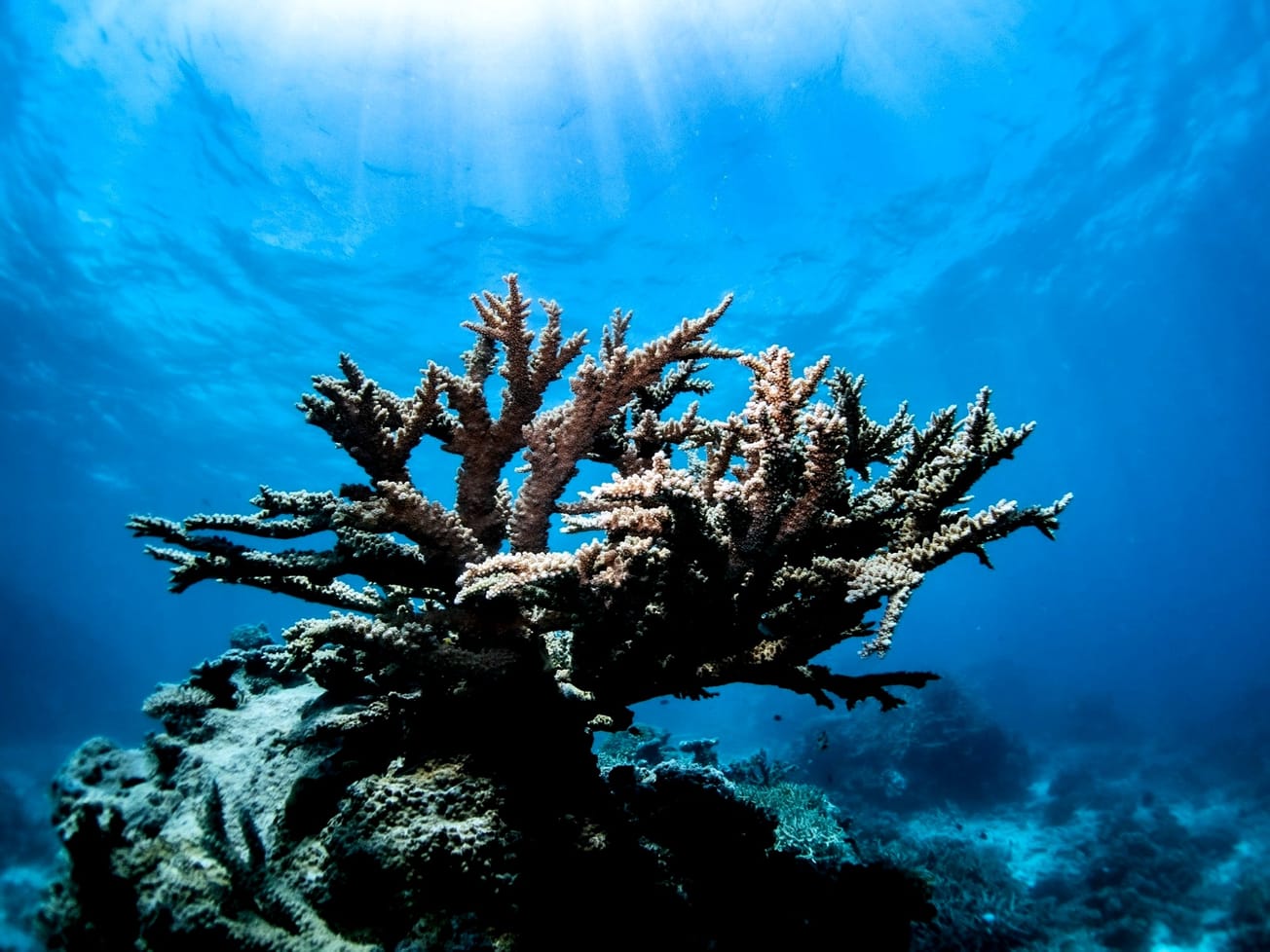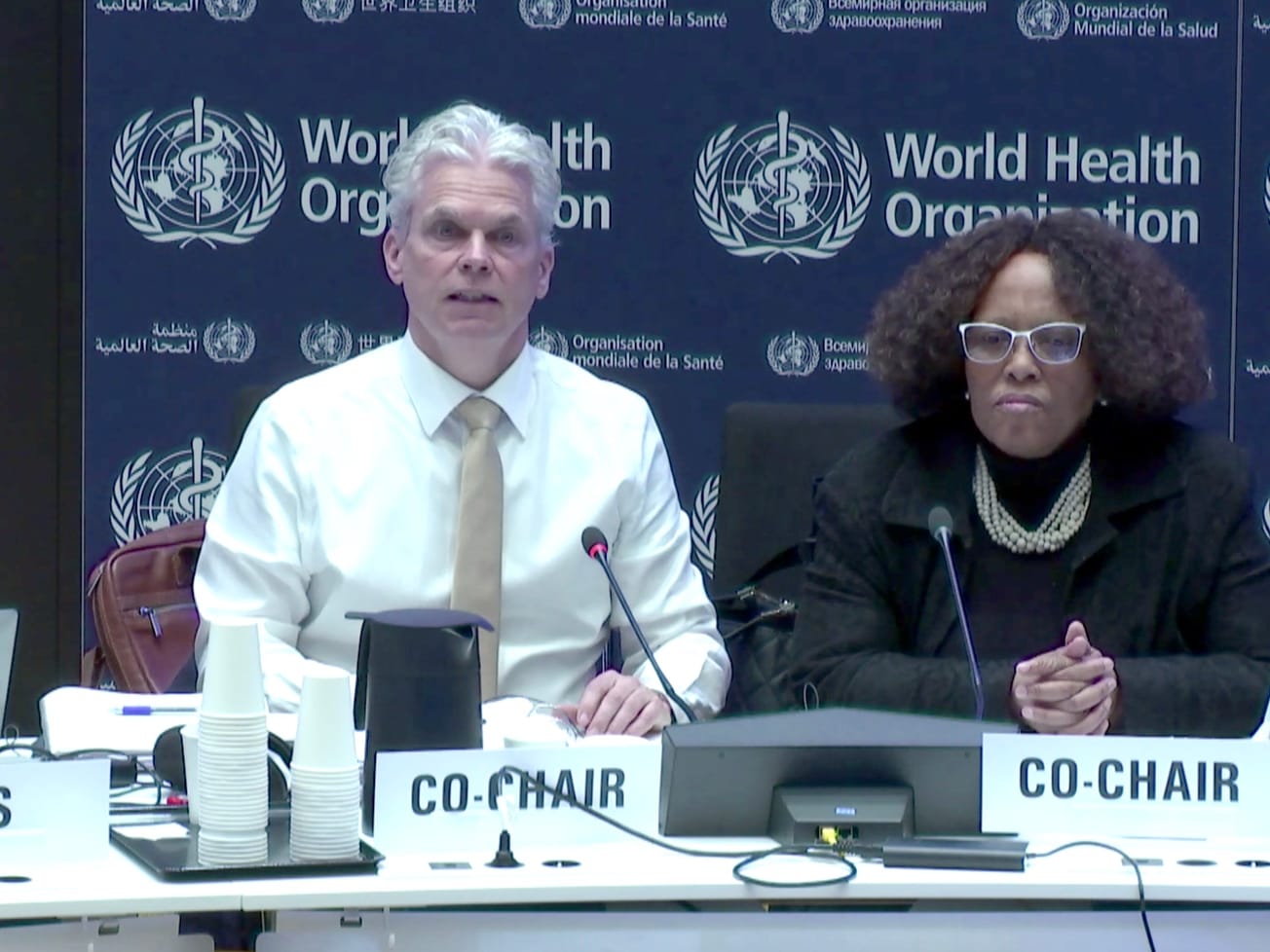The world's fourth coral bleaching event hit at least 53 nations and local regions across the Atlantic, Pacific and Indian oceans over the past year.
It's the second global bleaching of corals in the last decade, the International Coral Reef Initiative and the U.S. National Oceanic and Atmospheric Adminstration said on Monday.
From Florida and the Caribbean to Australia’s Great Barrier Reef and the Red Sea, rising ocean temperatures are damaging the world’s coral reefs.
Jennifer Koss, director of NOAA’s Coral Reef Conservation Program, said climate model predictions suggested for years that coral bleaching impacts would increase in frequency and magnitude as oceans warm.
The stress from changes in temperature, light or nutrients causes corals to expel symbiotic algae living in their tissues, which turns them white. The symbiotic algae is what provides the corals with food and color.
“From February 2023 to April 2024, significant coral bleaching has been documented in both the Northern and Southern Hemispheres of each major ocean basin,” said Derek Manzello, NOAA's Coral Reef Watch coordinator.
'More frequent and severe'
The organizations confirmed reports of widespread bleaching across parts of the Western Indian Ocean, including Tanzania, Kenya, Mauritius, the Seychelles, Tromelin, Mayotte, and off the western coast of Indonesia and parts of the south Atlantic, along the northeast coasts of Brazil.
“As the world’s oceans continue to warm, coral bleaching is becoming more frequent and severe,” Manzello said. “When these events are sufficiently severe or prolonged, they can cause coral mortality, which can negatively impact the goods and services coral reefs provide that people depend on for their livelihoods.”
Coral bleaching can have broad impacts on ocean health, including commercial fisheries that support local food supplies and economies, but corals can recover if the stress they undergo eventually diminishes.
The International Coral Reef Initiative, which has 101 international members, responded to three previous global bleaching events by pushing for more effective management of coral reefs using new technologies, rigorous scientific data and collaboration with Indigenous peoples.
“Long-term data on of coral reef condition can put events like this into context," said Britta Schaffelke of the Australian Institute of Marine Science and global coordinator of the Global Coral Reef Monitoring Network.
"They allow us to quantify coral mortality, track recovery, and identify areas that don’t recover naturally," she said, "and may need further protection or a helping hand through innovative interventions."








